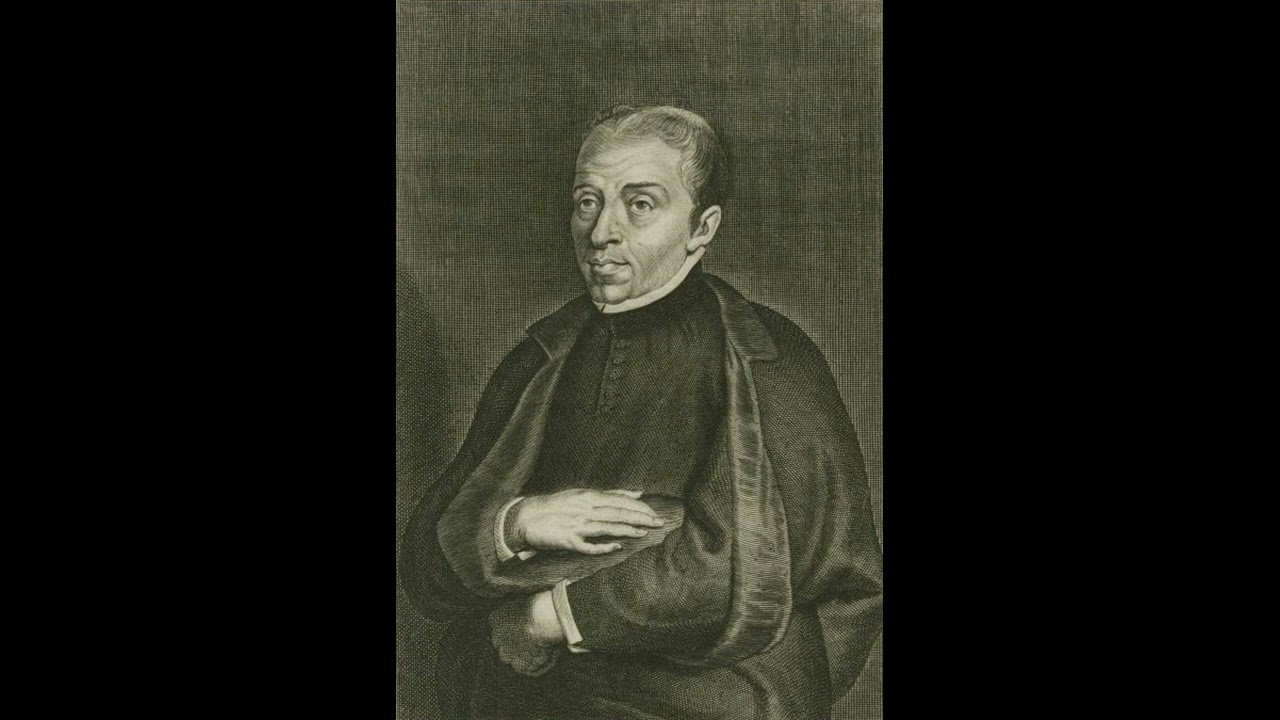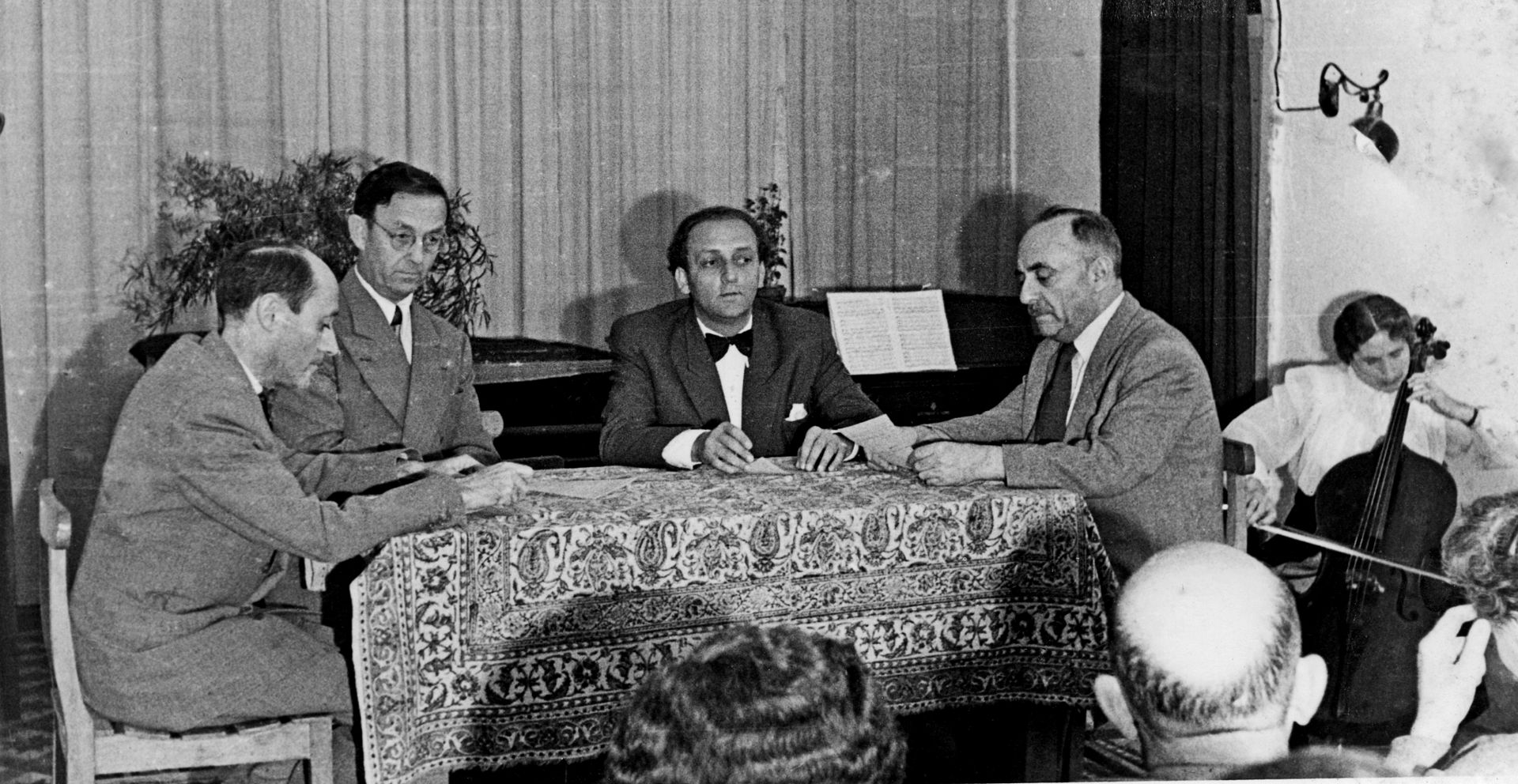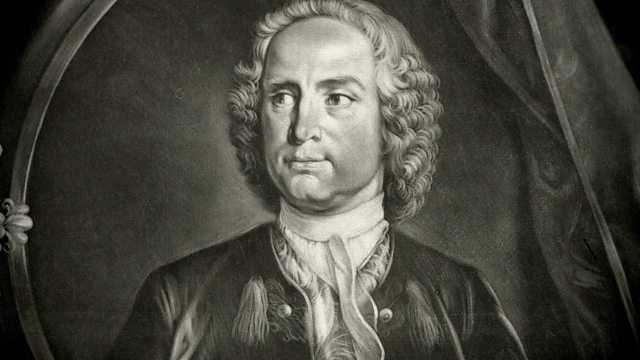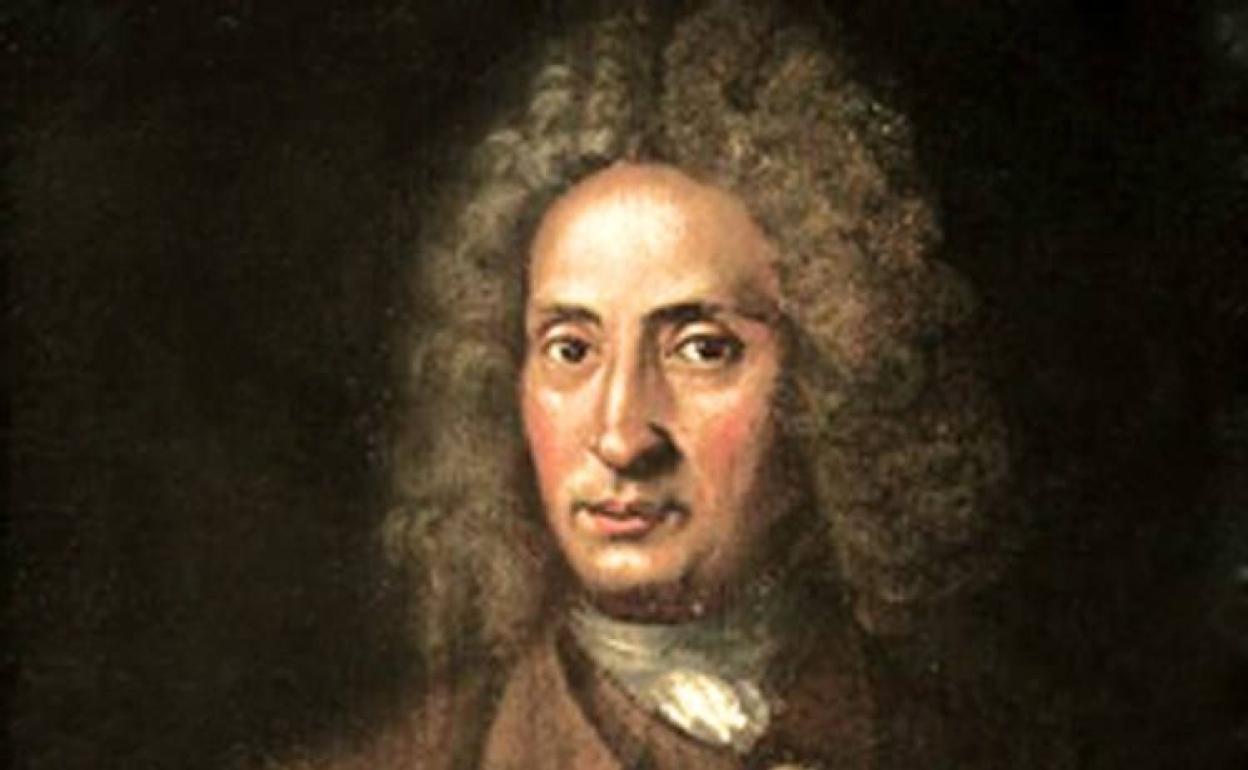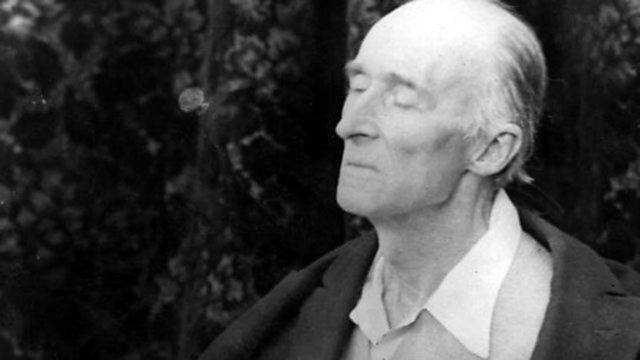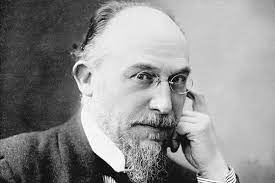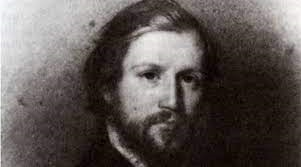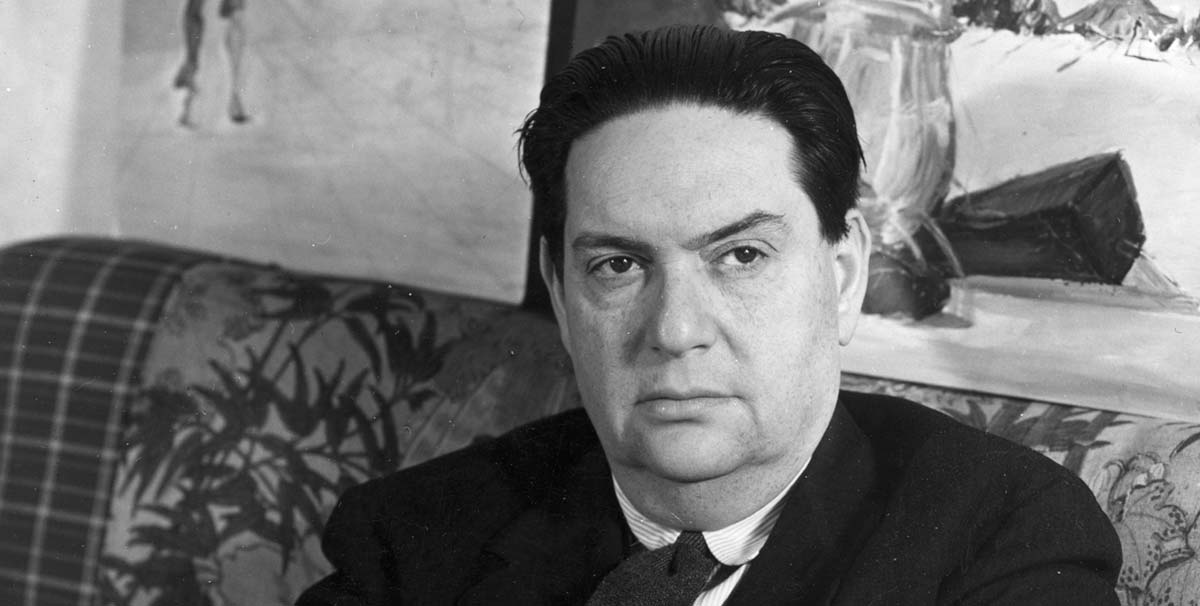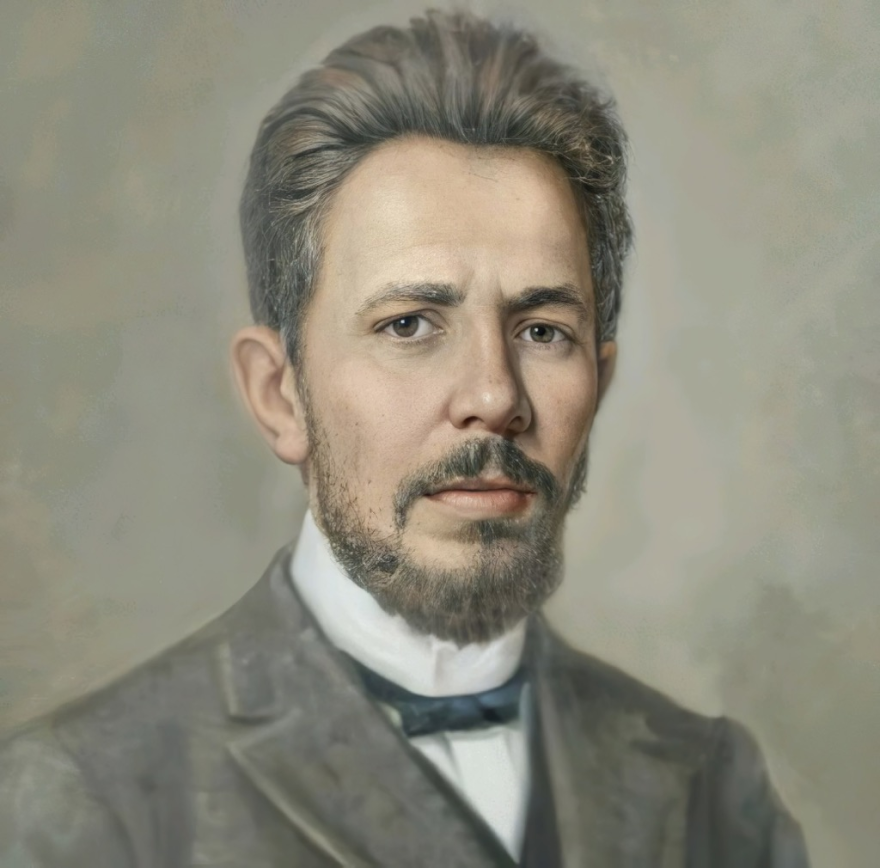Born on September 24, 1910, in the rich cultural milieu of the Austro-Hungarian Empire, Frank Pelleg's destiny as a musical virtuoso seemed ordained from an early age. Hailing from a lineage deeply rooted in the world of classical music, Pelleg's journey unfolded amidst the turbulent backdrop of shifting borders and political upheavals.
From his formative years, Pelleg displayed an exceptional affinity for music, particularly the piano. His talent quickly garnered attention, leading him to pursue formal training under renowned masters of the era. Immersed in the rich tapestry of European musical tradition, Pelleg honed his skills with dedication and fervor, showcasing a remarkable aptitude for both performance and composition.
Tomaso Albinoni was an Italian composer who left an indelible mark on the Baroque music landscape of the 17th and 18th centuries. Born on June 8, 1671, in Venice, Italy, Albinoni displayed an early affinity for music, nurtured by his father, a wealthy paper merchant. Although little is known about his formal musical education, Albinoni's natural talent and dedication led him to become one of the most celebrated composers of his time.
Albinoni's compositions span various genres, including opera, chamber music, and instrumental works, but he is best known for his prolific output of instrumental music, particularly his concertos and sonatas. His compositions often feature rich harmonies, expressive melodies, and intricate counterpoint, showcasing his mastery of the Baroque style.
Born on January 29, 1862, in Bradford, England, Frederick Delius embarked on a musical odyssey that would defy convention and establish him as one of the most distinctive voices in classical music. Delius was blessed with a rich upbringing, but his passion for music flourished during his travels across Europe and his encounters with diverse cultures.
Despite his father's wishes for him to join the family business, Delius pursued his musical aspirations. He traveled to Florida to manage an orange plantation but soon found himself immersed in the vibrant musical tapestry of the Deep South. Influenced by the melodies of African-American spirituals and the sounds of nature, Delius began to compose.
Erik Satie was a French composer and pianist known for his eccentric personality and groundbreaking contributions to classical music. Here are 10 intriguing facts about this enigmatic figure:
1- Early Musical Talent: Born on May 17, 1866, in Honfleur, France, Satie displayed musical talent at a young age. He began piano lessons at the age of six and quickly showed a knack for composition.
Charles Valentin Alkan was a remarkable figure in the world of classical music, revered for his virtuosity as a pianist and admired for his innovative compositions. Born on November 30, 1813, in Paris, France, Alkan displayed prodigious musical talent from an early age. His father, Alkan Morhange, recognized his son's potential and provided him with rigorous musical training.
Alkan's musical education began under the guidance of his father, himself a talented musician. Recognizing Charles's exceptional abilities, his father arranged for him to study piano with Joseph Zimmermann and composition with Charles-Henri Valentin Morhange, his older brother. Under their tutelage, Alkan's talent flourished, and he made his public debut as a pianist at the age of seven.
Darius Milhaud, a pioneering figure in 20th-century classical music, left an indelible mark on the world of composition with his innovative style and diverse influences. Here are 10 fascinating facts about this remarkable composer:
1 - Early Life: Darius Milhaud was born on September 4, 1892, in Aix-en-Provence, France. Growing up in a Jewish family, he was exposed to a rich cultural heritage that would later influence his compositions.
Vasily Kalinnikov stands as a luminary within the annals of Russian classical music, despite his life being tragically brief. Born on January 13, 1866, in the village of Voin, near Oryol, Russia, he displayed an innate musical talent from an early age. However, his path to recognition was riddled with challenges that mirrored the hardships of his era.
Raised in a peasant family, Kalinnikov's early years were marked by poverty and adversity. His first musical encounters were through folk songs and church hymns, echoing the rustic melodies of rural Russia. Despite lacking formal training, his natural aptitude for music led him to Moscow Conservatory in 1884, where he studied composition under the esteemed Nikolai Rimsky-Korsakov.
